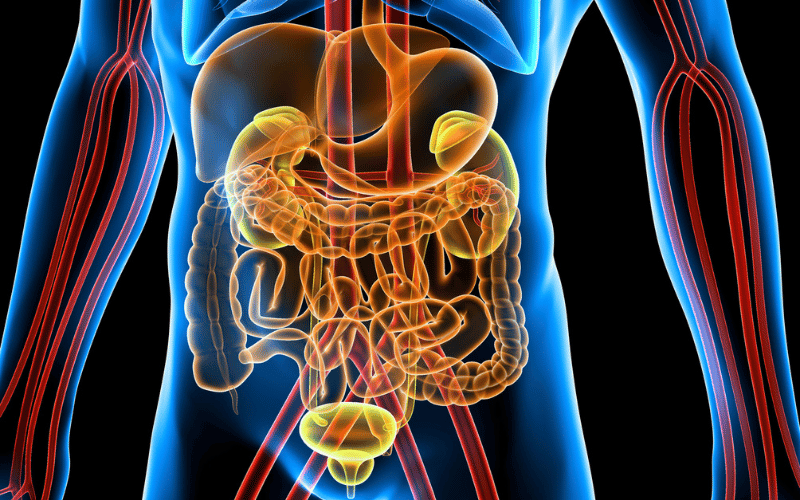Introduction: Delving into Hepatorenal Syndrome Symptoms
Hepatorenal syndrome (HRS) is a life-threatening medical condition, a silent storm brewing in the overlap between liver dysfunction and renal failure. It’s a covert operator, often sneaking up unnoticed, making the knowledge of its symptoms a beacon for timely detection and management. Understanding HRS begins with recognizing the delicate interplay between two vital organs: the liver and the kidneys, and how when one falters, the other may follow suit.

In the early stages, HRS might whisper its presence through subtle changes. Perhaps it’s the unexpected accumulation of fluid in the abdomen, known as ascites, or a sudden decline in urine output. As it progresses, the whispers can turn into a roar, with jaundice, altered mental states, and drops in blood pressure that wave red flags signaling the severity of the condition.
This intricate syndrome is not one to be underestimated. While it might be a challenge to pinpoint without a keen medical eye, the symptoms of HRS are clear indicators that something within the body’s inner workings has gone awry. They are cries for help that, when heard in time, can lead to life-saving interventions.
Join us as we navigate through the often-misunderstood symptoms of hepatorenal syndrome. With each symptom, we’ll unravel the complexities of HRS, offering clarity and insight. Our journey through these symptoms is not just an academic exercise but a crucial path to understanding a condition that demands respect and swift medical attention.
1. Ascites: The Pivotal Symptom of Hepatorenal Syndrome

Ascites, the accumulation of fluid in the abdomen, stands as a pivotal symptom of hepatorenal syndrome. It’s not just any swelling; it’s a distinctive distension that can bring discomfort and even pain. As the liver struggles and renal function declines, a silent deluge begins within the abdominal cavity. Patients may notice their abdomen gradually expanding, feeling heavier, a sign that all is not well internally.
This isn’t simply about girth or weight gain; ascites is a symptom with deeper implications. The fluid build-up is due to a complex interplay of albumin, a protein made by the liver, and the pressure within the blood vessels. When the liver is compromised, albumin production falters, leading to a significant decrease in the oncotic pressure that normally keeps fluid within the vessels.
For those grappling with this condition, the outward manifestation of ascites can be accompanied by a range of discomforts. There’s often a sensation of fullness, even after a small meal, and breathing can become labored as the fluid presses upward against the diaphragm. This isn’t a symptom that can be ignored or managed with simple home remedies; it’s a clarion call for further investigation and management.
While ascites is indeed a hallmark of hepatorenal syndrome, it’s also a physical challenge. The extra fluid can limit mobility and complicate everyday activities, making it more than just a medical symptom—it’s a barrier to normal life. Each case tells a story of the body’s delicate balance gone awry and the pressing need for medical management to restore equilibrium. (1)